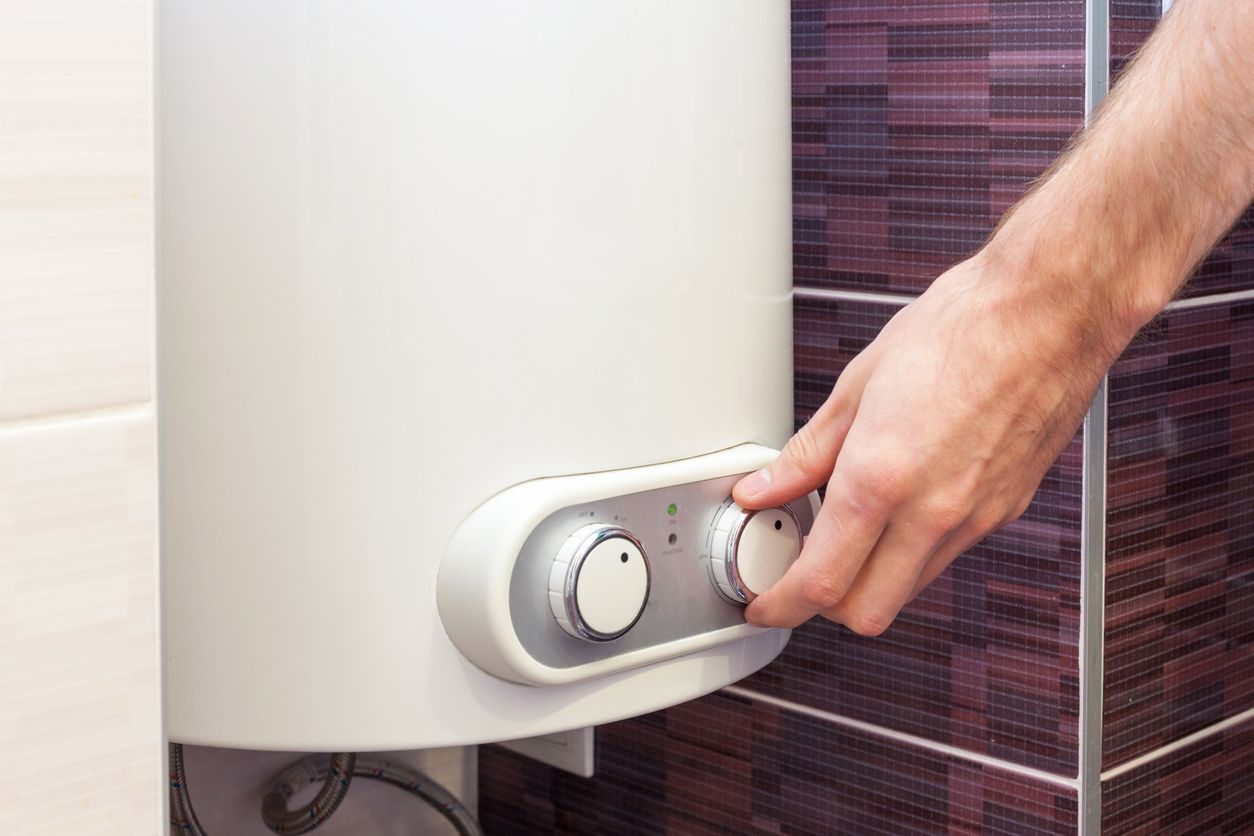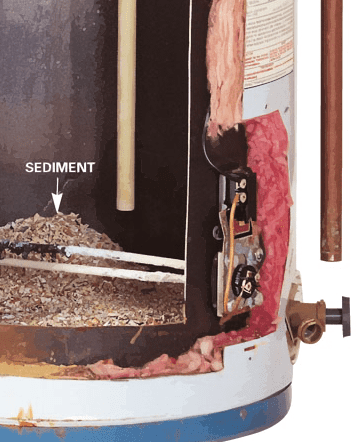Facing the Usual Hot Water Heater Emergency Challenges
Facing the Usual Hot Water Heater Emergency Challenges
Blog Article
Here down the page you can get some high-quality information relating to Common Hot Water Heater Problems.

A hot water heater is just one of one of the most vital fundamental home appliances that can be discovered in a house. With hot water heater, you do not require to undergo the anxiety of heating water by hand each time there is a demand to wash, do the laundry, or the dishes. There is always a possibility that your water heating unit would act up as with most mechanical tools.
It is essential to note any kind of little breakdown as well as tackle it quickly prior to points get out of hand. A lot of times, your water heater begins to malfunction when there is an accumulation of sediments as a result of continual usage. As a preventative measure, routine flushing of your water heater is recommended to avoid debris accumulation as well as stop functional failing.
Typical hot water heater emergencies as well as how to handle them
Inadequate hot water
It might be that the water heating system can't support the warm water need for your apartment or condo. You could upgrade your water heating system to one with a larger capacity.
Fluctuating water temperature level.
Your hot water heater might start creating water of various temperatures normally ice chilly or hot hot. In this circumstance, the first thing you do is to make certain that the temperature level is readied to the preferred degree. If after doing this, the water temperature keeps transforming during showers or other tasks, you could have a damaged thermostat. There might be a need to change either the thermostat or the home heating system of your water heater.
Dripping hot water heater tank.
A leaking container could be an indication of rust. It can trigger damages to the floor, wall and also electric devices around it. You could also go to threat of having your apartment swamped. In this scenario, you need to turn off your hot water heater, enable it to cool, as well as very carefully try to find the resource of the trouble. Sometimes, all you require to do is to tighten a couple of screws or pipeline connections in cases of small leakages. If this doesn't function as well as the leakage lingers, you could require to employ the services of a service technician for a suitable replacement.
Stained or odiferous water
You need to know if the problem is from the container or the water resource when this happens. If there is no amusing smell when you run cold water, then you are particular that it is your water heater that is faulty. The smelly water can be triggered by rust or the buildup of microorganisms or sediments in the water heater container. As soon as you notice this, you can try flushing out your tank or replacing the anode if the problem lingers. The feature of the anode is to clear out microorganisms from your tank. Considering that the anode pole replacement calls for an extensive knowledge of your water heater, you will need the help of an expert.
Final thought
Some property owners ignore little warning as well as minor faults in their hot water heater system. This only leads to further damages as well as a possible complete malfunction of your device. You should take care of your water heater faults as soon as they come near stay clear of even more costs and unneeded emergency difficulties.
With water heating systems, you do not require to go through the tension of home heating water manually every time there is a requirement to take a bathroom, do the laundry, or the recipes. It may be that the water heating system can not sustain the warm water need for your home. Your water heating system might start generating water of various temperature levels normally ice scalding or cold warm. If there is no funny odor when you run cool water, then you are specific that it is your water heater that is malfunctioning. The smelly water can be created by rust or the build-up of germs or sediments in the water heating system storage tank.
Water Heater Burst: Why This Happens And What To Do Next
Water Heater Explosion Warning Signs
Since storage water heaters are made of metal and store large volumes of heated water, they carry an increased risk of leaking or even exploding as they begin to rust at the fittings and seams over time. If the thermostat controlling the water temperature within the tank is faulty, or if mineral buildup inside the water heater prevents the thermostat from sensing the water’s temperature correctly, the water could become overheated. This will expand its volume within the tank, causing it to press at the tank’s fittings and seams. If these fittings and seams are rusted or corroded, the pressure could result in a leak or even an explosion.
Here are some risk factors and warning signs of an increased risk of water heater leak or explosion:
Your water heater is more than 10 years old. Your water heater makes clanking, banging or rumbling noises as it heats up, indicating that sediment has built up and hardened inside the tank. There is visible rust on the outside of the water heater, especially located at the pipe fittings or the seams that run down the tank. There is rusty water coming from your water heater, indicating that there may be rust building up inside. Your water heater is leaking, which could indicate either a crack somewhere in the tank or a malfunctioning temperature-and-pressure (T&P) relief valve. What To Do When Water Heater Leaks
If you find water dripping or seeping out of your water heater, or pooling around it, it means your water heater is leaking. If you find a leak, it may be best to call a plumbing professional to diagnose the problem and determine how best to handle it. If you choose to tackle it on your own, there are a few things you can do.
TURN OFF THE POWER
Next, shut off the power to the hot water tank at your home’s electrical breaker box. If you don’t shut off the power, the heating elements within the tank could continue to stay hot, which could pose a fire risk.
If you have a gas-powered water heater, you’ll also need to shut off the gas line leading into the tank.
FIND THE LEAK
Now it’s time to determine where the leak is coming from. Likely locations are the T&P valve, the drain valve or one of the pipes or fittings that feed into the top of the tank. If you see any rust or corrosion on the outside of your water heater’s tank, pipes or fittings, these could also be the source of the leak.
REPAIR THE LEAK
Once you determine the source of your water heater leak, you’ll have a better idea of what steps you need to take to fix the problem. It may be a simple fix—such as using a wrench to tighten fittings or replacing the T&P valve—but it may be something more complicated. You may even need to drain the tank, remove the water heater and install a new one.
https://www.abchomeandcommercial.com/blog/water-heater-burst/

We were made aware of that editorial on The Importance of Water Heater Maintenance from an acquaintance on a different web blog. Are you aware of another individual who is fascinated about the topic? Take a moment to share it. Thanks so much for taking the time to read it.
Immediate response? Click here. Report this page